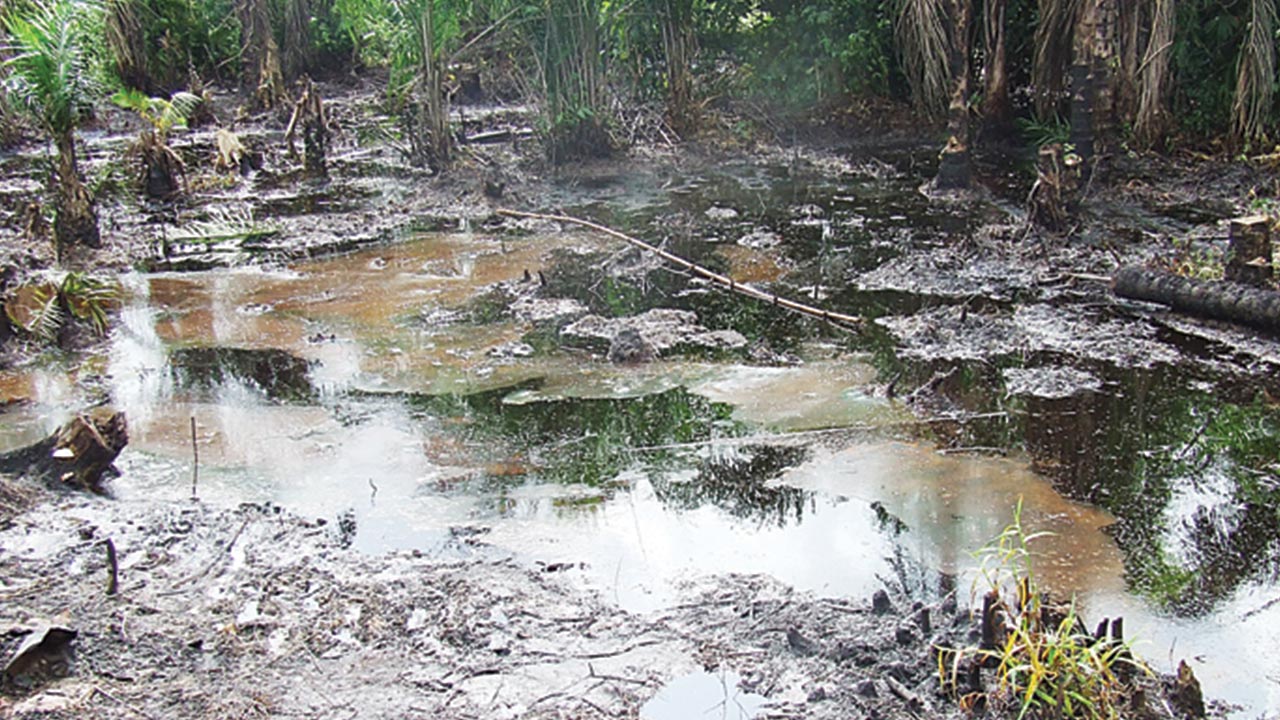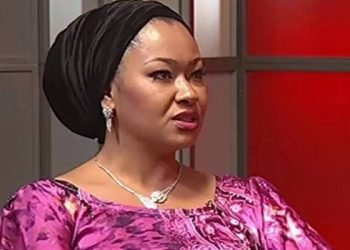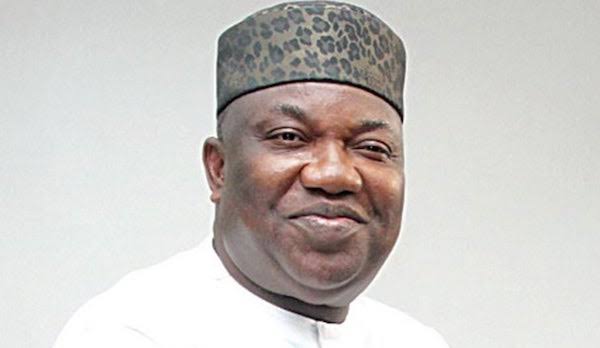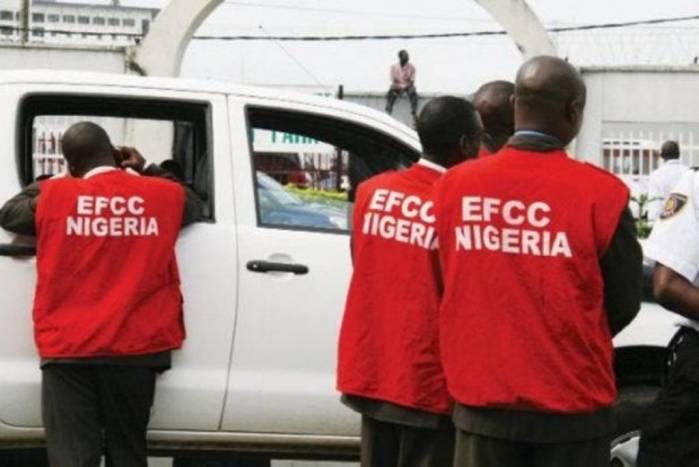Apprehension is giving way to tension as anxiety mounts in Ogoni land over the delay by the Federal Government to implement the United Nations report for the remediation of the environment there that has been massively degraded by oil companies.
A flurry of consultations among leaders and elders in the area has been going on round the clock to seek explanation for the delay in the commencement of the project.
Under a leaden sky in the oil-rich Niger Delta, young men hang around with nothing to do, covering their noses from the noxious fumes of the polluted swamp.
The sight in Bodo, some 40 kilometres (25 miles) southeast of Port Harcourt, is repeated in communities across the maze of creeks that criss-cross Ogoni land.
One year after the launch of a much-heralded clean-up programme, the oil slicks which blackened the waters, killed the fish and ruined the mangroves remain untouched.
Locals, deprived of their livelihoods from fishing and farming, and with the billions of dollars extracted from under them channelled elsewhere, are angry and frustrated.
“The progress made on the Ogoni clean-up is known only to the government,” said Fegalo Nsuke, from the Movement for the Survival of the Ogoni People pressure group.
“The people of Ogoni still do not have access to safe drinking water, not to talk of electricity, basic schools and roads,” he told AFP.
In January 2015, hope rose that Ogoni land’s luck would change after Shell reluctantly agreed to pay £55 million ($70 million, 63 million euros) in compensation to more than 15,500 Bodo people.
The Anglo-Dutch energy giant also agreed to start a clean up of two devastating oil spills in 2008, following a three-year British legal battle that was settled out of court.
Before, the oil giant had consistently denied polluting the Ogoni environment.
In June 2016, Nigeria’s Vice-President Yemi Osinbajo formally launched the project, which the United Nations Environment Programme (UNEP) said could take 30 years.
So far, however, only $10 million of the initial $1 billion programme has been released.
Since then, a governing council and trust fund have been set up, and a project coordinator appointed, but nothing concrete has been done, though equipment has been moved to the sites, residents say.
Before the former Minister of Environment, Amina Mohammed, leveraged on the Ogoni clean-up project to secure U.N. appointment, the official explanation for the delay was that every arrangement concerning the project had been perfected, including funding.
Drinking water is still not fit for human consumption.
“The fact is that Ogoni still drinks poisoned water and remains polluted and these cannot be changed by internal processes and media promotions,” said Nsuke.
“Our people are frustrated,” added Livinus Kiebel, chairman of the Bodo council of chiefs.
The Director General of the National Oil Spill Detection and Response Agency, NOSDRA, Sir Peter Idabor, urged a review of the law that set up the agency to strengthen it to achieve its mandates.
Speaking at the 10th Anniversary of NOSDRA, in Abuja, he said, “Talking about Ogoni spill, all resources have been made available and the money has been released. But if you do not have structure in place the money will go into the ground and people will not feel the impact.
“It is important for us to put together structure and make sure that we have a solid foundation. Who is in the office, who is the budget manager and how are they recruiting? All of these were not taken care of in the past. But this time, we believe that by the time we leave, people will see result. It will be a continuing process and in the next few months people will be seeing some of the issues that they had not seen.”











